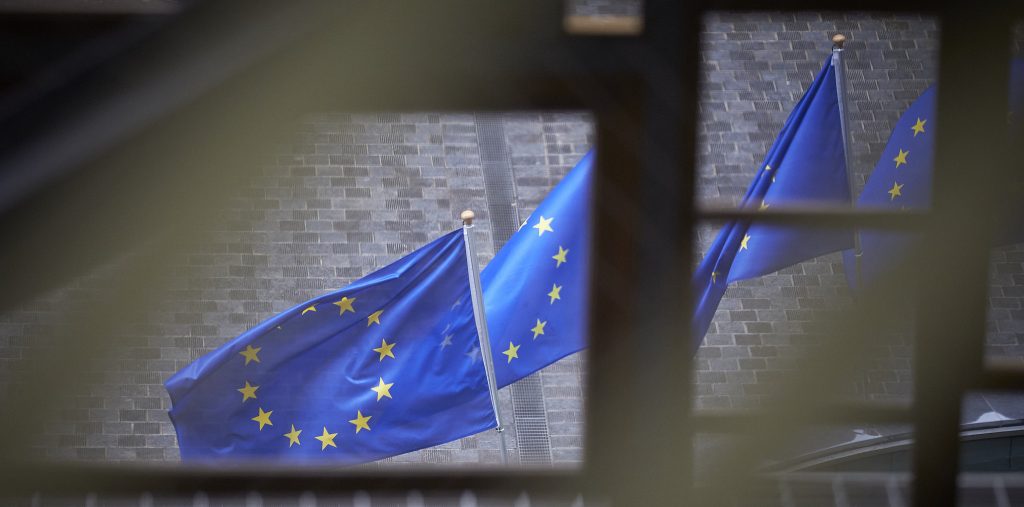
Dreamful Thinking: Anti-Reforms of Health Care in Georgia
Many of the projects and ideas presented by the Georgian government are good examples of wishful thinking. However, when the ruling party is called Georgian Dream, a pursuit of wishes and dreams should not surprise anyone.











